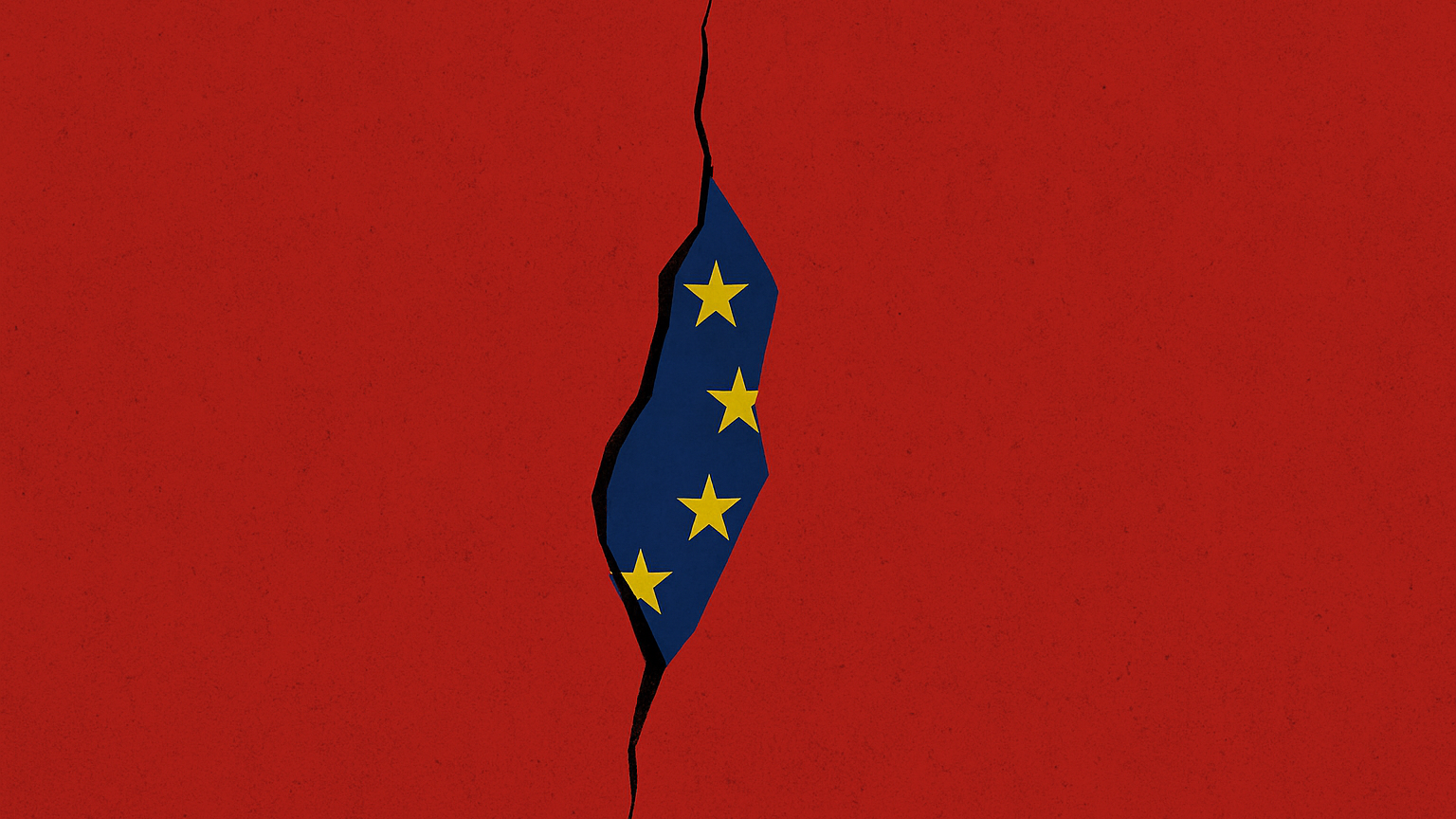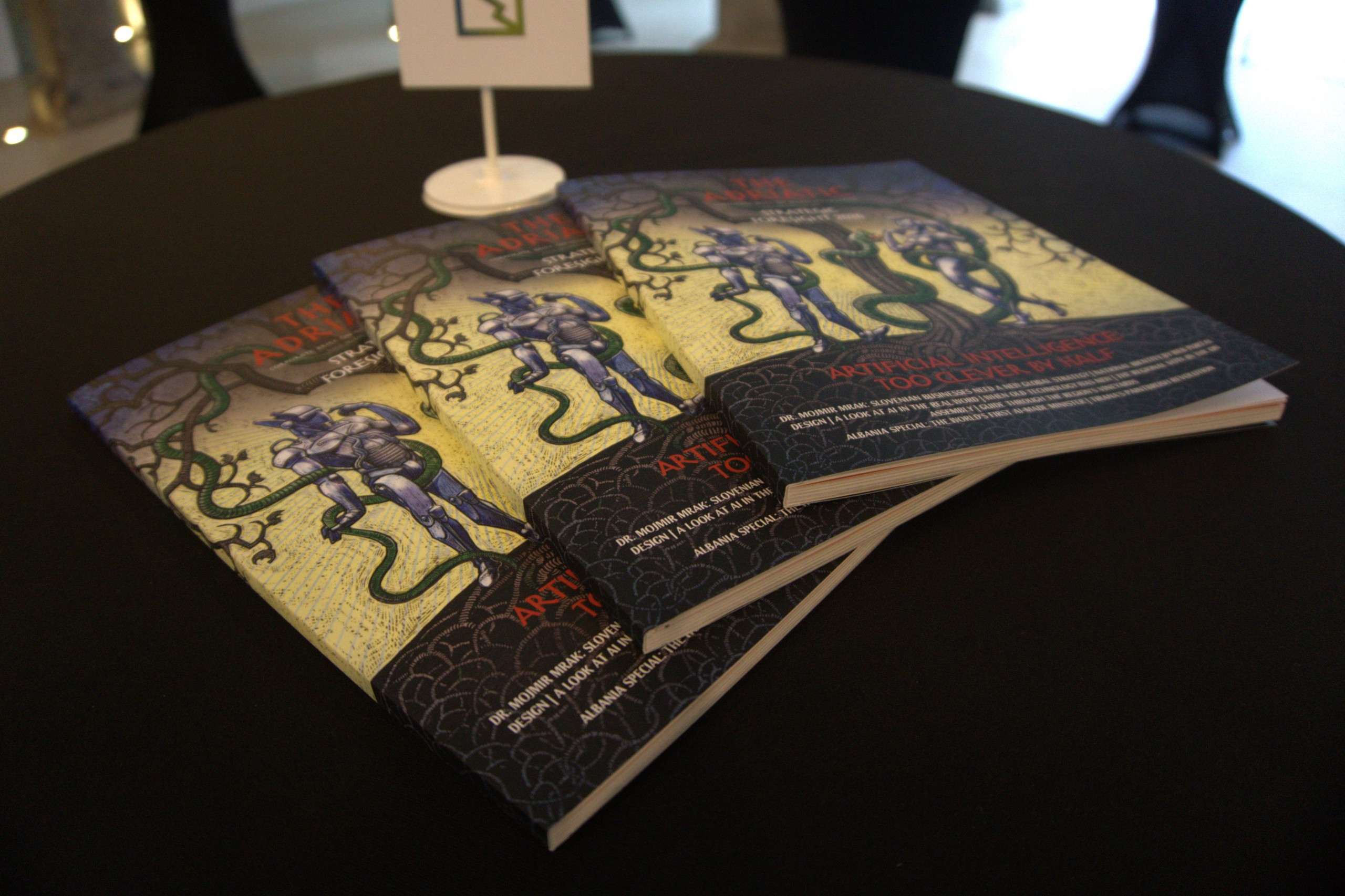Populist moment denied
A pro-European centrist delivered one of the sharpest rebukes yet to Trump-style nationalism in Eastern Europe. Nicușor Dan’s surprise win over far-right firebrand George Simion in Romania’s presidential runoff marks a high-turnout rejection of “Romania First” populism — and signals a broader regional pushback as the EU’s eastern flank faces mounting democratic pressure.
Maja Dragović
Nicușor Dan’s victory marks a turning point in the fight against Trump-style nationalism across Eastern Europe. Romania’s presidential election on May 18 delivered a stunning reversal that echoed far beyond Bucharest. Centrist Nicușor Dan’s dramatic comeback victory over hard-right nationalist George Simion, winning 54% to 46% after trailing for weeks, represents perhaps the most significant pushback against Trump-inspired populism in Europe since 2016.
The stakes were enormous. Simion, who embraces Donald Trump’s MAGA movement with a Balkan spin and promises to “make Romania great again”, had swept the first round with 41% of votes. His platform of opposing military aid to Ukraine, viewing Putin as non-threatening, and pivoting toward “Romania First” Euroscepticism threatened to isolate the country like Orbán’s Hungary.
Instead, Dan’s victory demonstrates “the positive Trump effect” – where concerns about MAGA-style politics mobilise pro-European voters. The election drew the highest turnout in 25 years, with many viewing it as a geopolitical choice between East and West. Jubilant crowds waving EU flags proclaimed that “Romania begins a new stage.”
This result carries profound implications for EU cohesion. A Simion presidency could have blocked EU support for Ukraine, which requires unanimity, and would have given Hungary’s Viktor Orbán and Slovakia’s Robert Fico a new ally. The outcome influences Romania’s governance and the EU’s eastern cohesion, particularly affecting Moldova and Poland, where similar nationalist-populist forces are gaining ground.
The election’s backdrop remains concerning. It was held after Romania’s Constitutional Court annulled November’s vote over allegations of Russian interference favouring far-right candidate Călin Georgescu, who had surged through a massive TikTok campaign. This populist backlash is driven by Romania’s diaspora of over three million people, who get information via social media.
Yet Dan’s triumph offers a template for countering populist nationalism. His campaign received a crucial boost from a televised debate where his competent, anti-corruption message contrasted sharply with Simion’s divisive rhetoric.
In the Western Balkans, where countries face struggles with authoritarian influence and EU accession processes, Romania’s result offers both hope for democratic resilience and concern about populist nationalism’s enduring appeal. Romania’s election demonstrates that European voters, when presented with a clear choice between democratic stability and populist disruption, can still choose the former.









